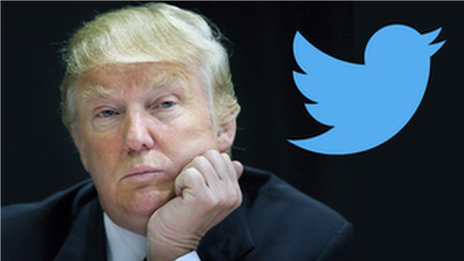Twitter beefs up security for US election candidates
- Published
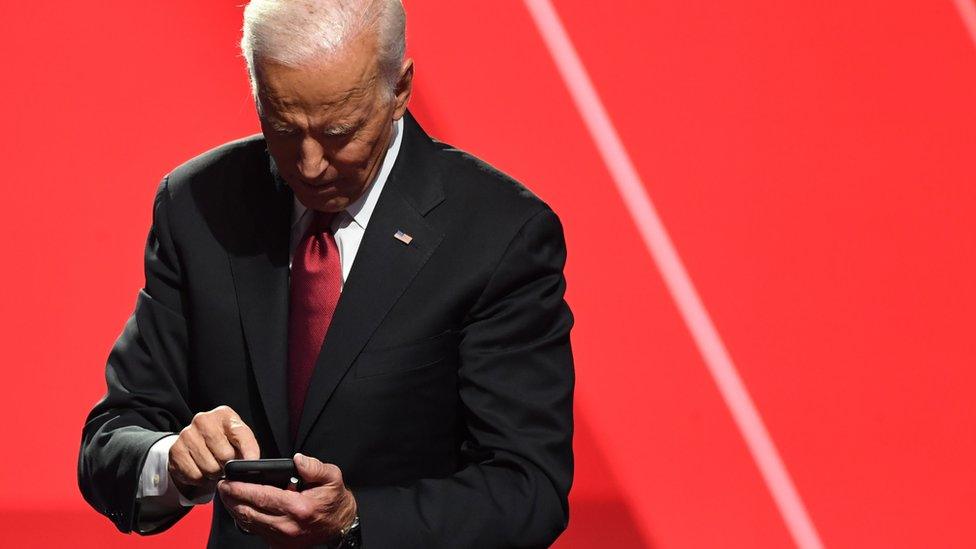
Democratic presidential candidate Joe Biden's account was compromised in June
Twitter has automatically activated extra account protection for politicians and key figures in the forthcoming US election.
A select group of election-related accounts will have to make immediate changes to improve their security.
Twitter was the victim of one of the most significant hacks of a social network in history, in June.
It said it had learned "from the experience of past security incidents" and was focused on election security.
Twitter said that in the coming weeks, external, it would be adding "proactive internal security safeguards" for a much wider range of high-profile election-related accounts.
They include:
The Executive Branch (including the president and vice-president)
Congress (The House of Representatives and the Senate)
US governors and secretaries of state
Presidential campaigns, political parties and candidates
Significant news outlets and political journalists
Starting this week, those accounts will start receiving in-app notifications of immediate changes on the user's side.
Under the new rules, they will need to use a strong password - those that do not meet Twitter's standards will be required to change it the next time they log in.
All the accounts have had password reset protection enabled by default - a safety measure that requires the account holder to confirm the email address and password on file if they want to reset their password.
And they will also be encouraged - but not required - to enable two-factor authentication.
Hack history
The June hack saw some of the world's most notable celebrities - such as Bill Gates, Joe Biden and Kanye West - have their accounts seized by the attacker to tweet an apparently simple Bitcoin scam.
But one of Twitter's most-followed accounts - US President Donald Trump - was unaffected. It later emerged that this was because the president's account had extra security protections in place internally.
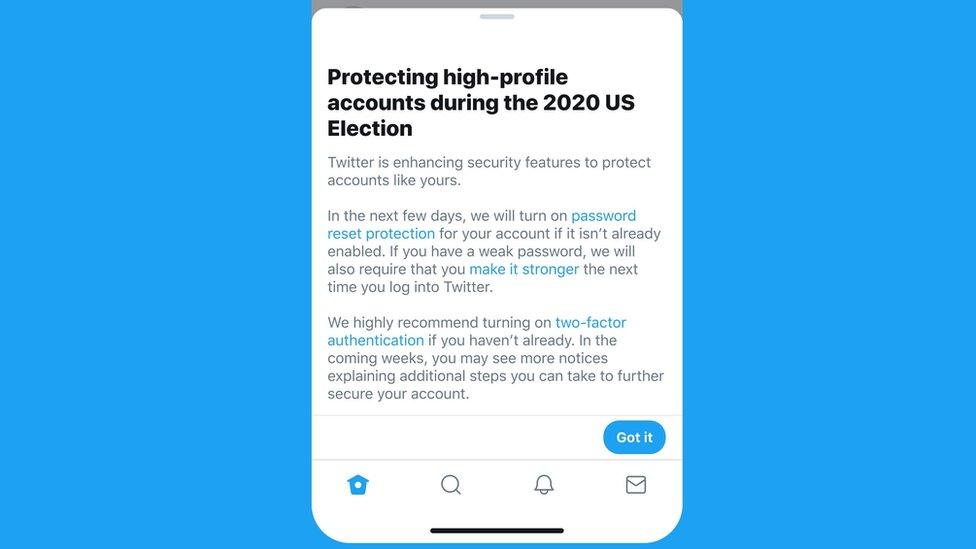
The change comes at a time when Twitter is locked in a battle against electoral misinformation on the platform - one that has put it at odds with President Trump.
The social network has labelled some of the president's tweets as misleading - particularly his unsubstantiated claims around postal voting fraud.
It had previously tagged some of the tweets for breaching policies on glorifying violence and abusive behaviour.
But the wider concern about the role of the social media companies in the election stems from the 2016 presidential campaign, which saw President Trump win his first term in office.
In the wake of the election, the US Senate and others said that Russian operatives had tried to leverage all major social media outlets to influence the outcome.
- Published31 July 2020
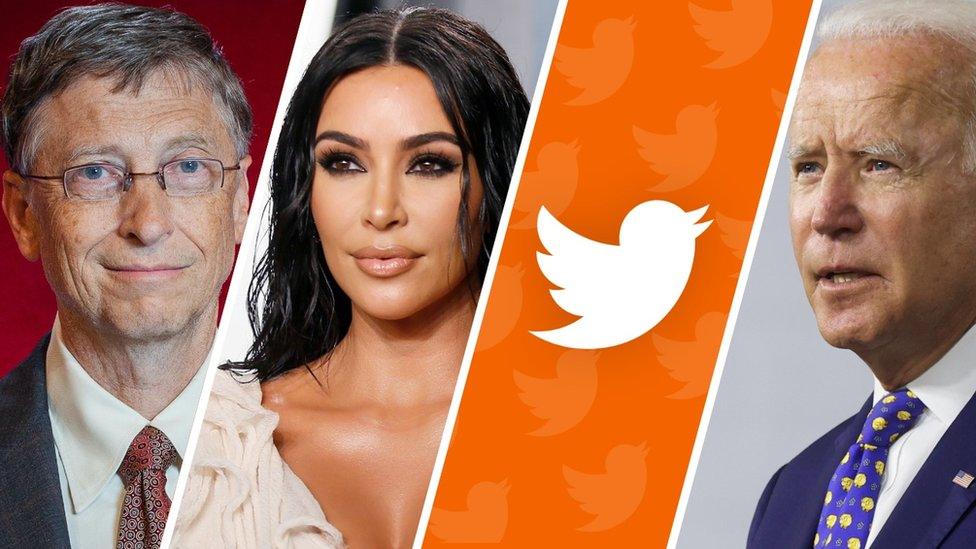
- Published31 July 2020
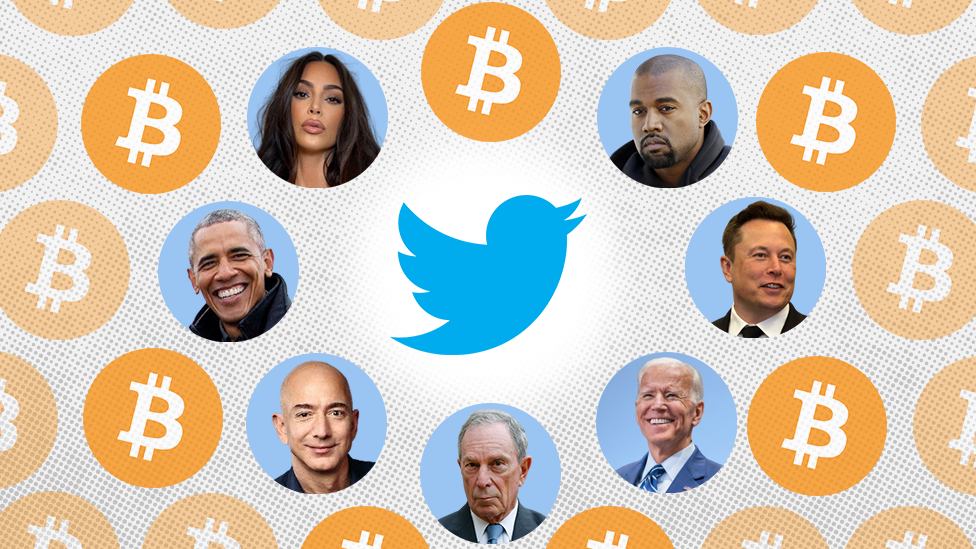
- Published16 July 2020
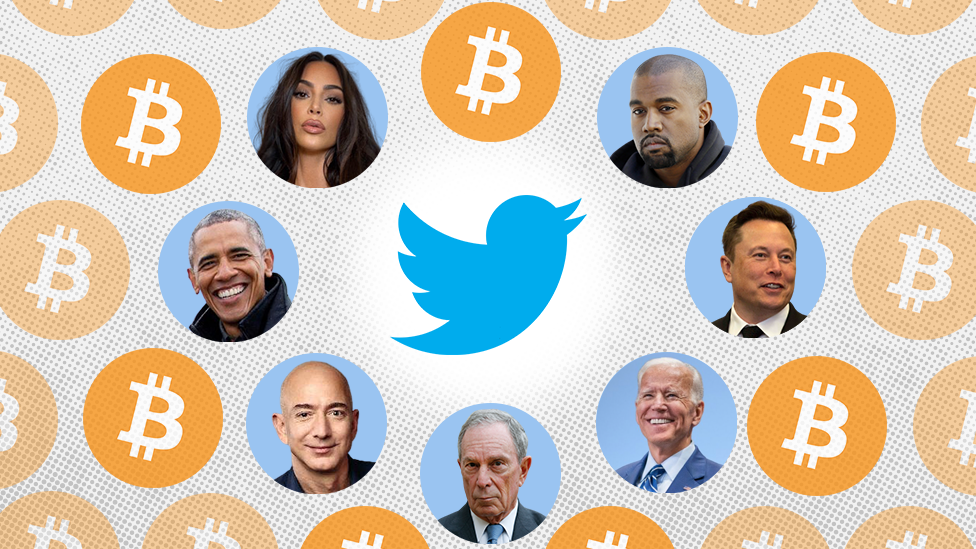
- Published17 July 2020
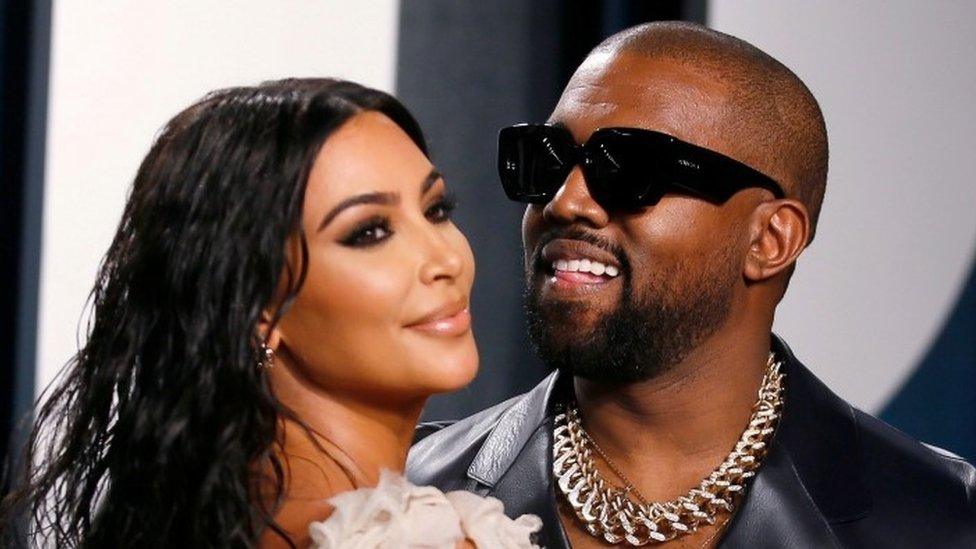
- Published17 July 2020
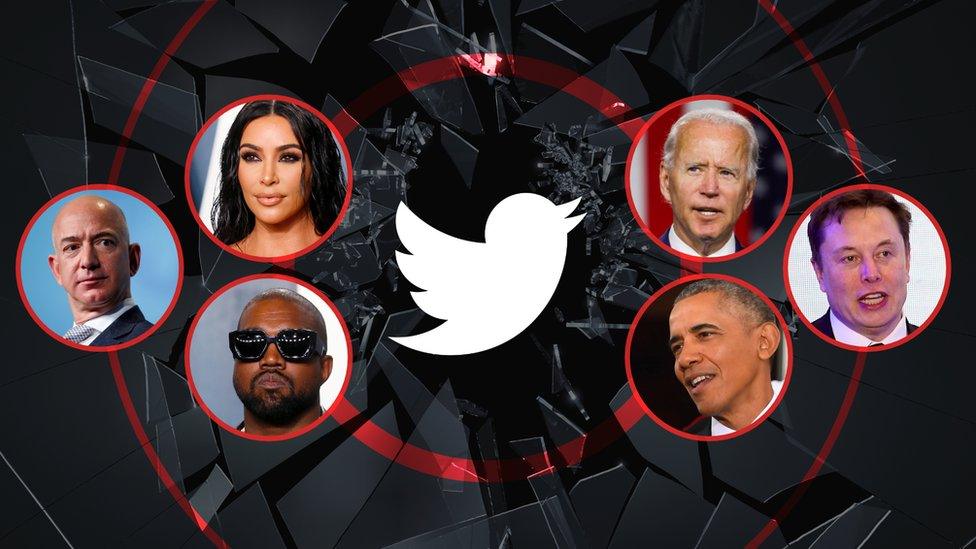
- Published24 August 2020
